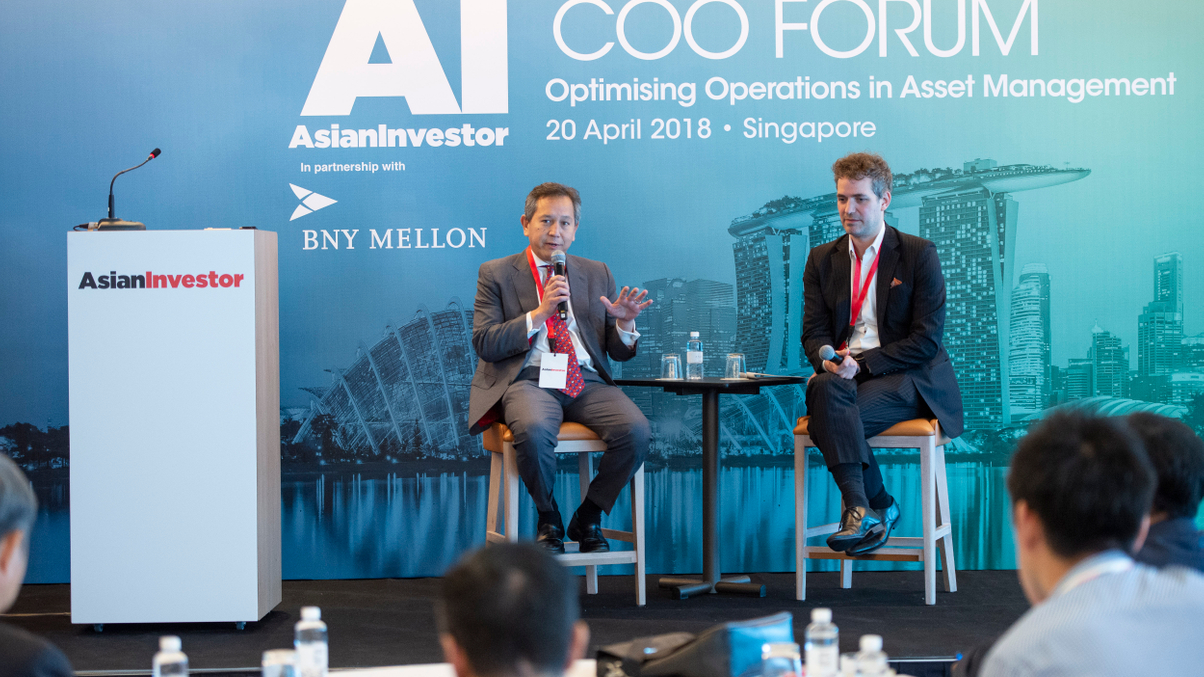Regulation and compliance top concerns for Asia COOs
Other topics covered by a survey of delegates at AsianInvestor’s latest COO Forum included outsourcing trends, MiFID II, regional passporting schemes, and alternatives investing.

Regulation and compliance tops the worry list for operations executives at asset management fims in the Asia-Pacific region, an AsianInvestor survey shows.
Sign in to read on!
Registered users get 2 free articles in 30 days.
Subscribers have full unlimited access to AsianInvestor
Not signed up? New users get 2 free articles per month, plus a 7-day unlimited free trial.
¬ Haymarket Media Limited. All rights reserved.


